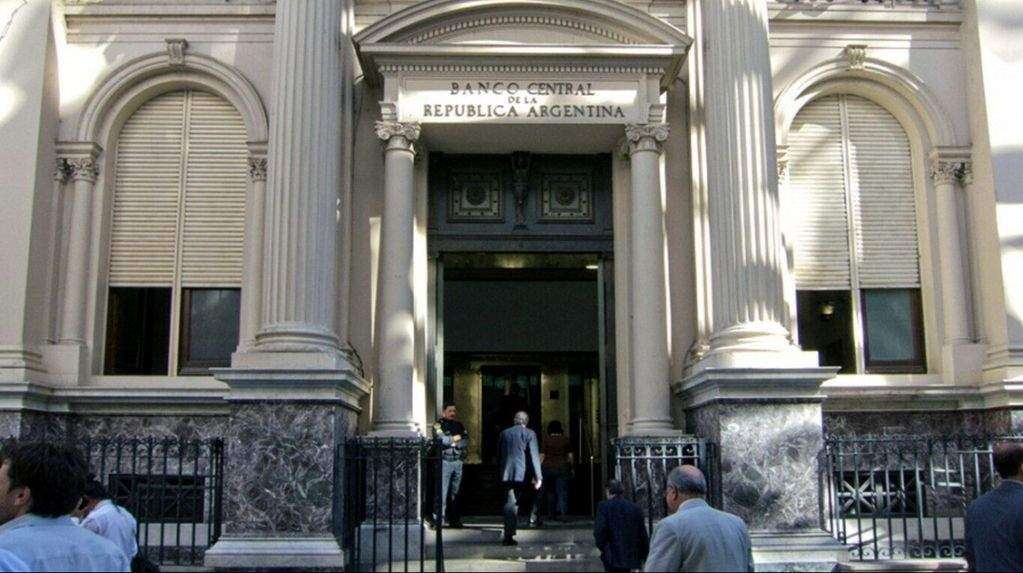Unexpectedly, the central bank lowered the benchmark interest rate in anticipation of a slowdown in inflation.
Amidst decreasing monthly inflation and the peso’s continued appreciation against the US dollar in parallel markets, the Central Bank of Argentina made an unexpected decision to decrease its benchmark interest rate from 100% to 80%.
The monetary authority explained the drop late Monday night, citing a number of factors, including its continuous accumulation of reserves, despite yearly inflation exceeding 250 percent.
On Tuesday, the Argentine statistics office will release the country’s inflation rate for the month of February. After a dip of 21% in January and 26% in December, economists polled by Bloomberg predict consumer price hikes of 15% on a monthly basis. However, inflation is expected to rise over 280 percent on an annual basis.
This policy shift occurs at the same time that the government is trying to swap as much as 55 trillion pesos (about $65 billion) worth of Treasury notes that are due this year for ones that mature in 2025–2028.
In its most recent assessment of Argentina’s US$44-billion program, the International Monetary Fund provided guidance in February that the monetary policy stance would need to be tightened to support money demand and disinflation. This dovish policy move is in contrast with that. In a broader sense, the International Monetary Fund has long demanded that Argentina maintain interest rates higher than inflation in order to encourage peso savings and reduce prices.
After a rate drop in December and a 54% devaluation of the peso, many Argentines withdrew their 30-day peso deposits and moved the funds to their bank accounts, where they could be spent or converted to dollars.
On Monday, Buenos Aires’ monetary officials pointed out that, despite falling rates, the monetary base, or the total amount of money in circulation, has shrunk by 17% when adjusted for inflation since Milei assumed office. So far, prices have been cooled on a monthly basis thanks to the strict control of the money supply.
A sharp recession this year is the price to pay for the parallel exchange rate’s strengthening and monthly inflation’s continued cooling. earnings adjusted for inflation, or real earnings, have fallen to their lowest level since 2003 due to Milei’s austerity measures, which eliminated social security funding.

